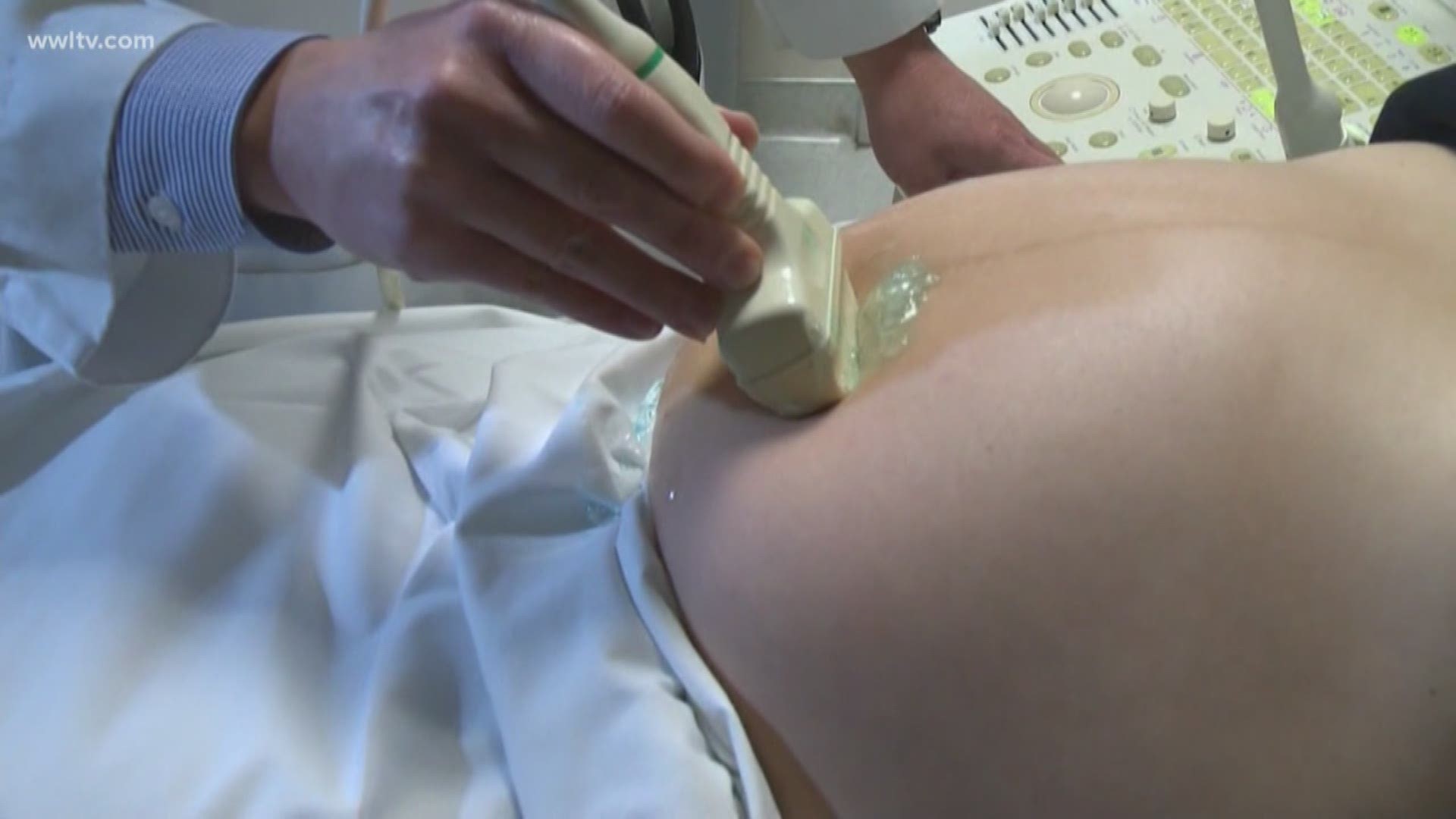NEW ORLEANS - President Donald Trump's Supreme Court nominee is igniting the debate over Roe v. Wade. If the court does overturn it, there's a law in Louisiana that would have a major impact on the legality of abortion.
The monumental 1973 decision of Roe v. Wade made abortion legal in the U.S. However, the nomination of a new Supreme Court Justice, is raising the question if that ruling will change.
Ed Chervenak, with the University of New Orleans, says overturning it is possible, but it's a lengthy process.
"There's a lot of unknown," he said. "Courts are not self-starters. Cases and controversies have to be brought to them. If it gets up to that point where it moves through the Federal District Court system, then the court can decide we'll hear that case."
Even if the Supreme Court hears it, it's never certain the ruling they'll make.
"Courts don't want to be willy nilly overturning decisions because then they begin to lose the respect of the other branches of government and of the people so they're very careful about precedent," he added. "So it could go either way to be honest."
"If Roe v. Wade were overturned it's important to remember the decision comes back to the states," said Ben Clapper.
Clapper, with Louisiana Right to Life, believes abortion isn't the answer and wants the law changed.
"Unfortunately in 1973 the Supreme Court took that right away from us as the state of Louisiana and we hope when Roe is overturned Louisiana is able to bring an end to the injustice of abortion in our state," Clapper said.
If Roe is entirely overturned, Louisiana is one of four 'Trigger States' with laws that'd make abortion illegal and possibly triggering the legal process to set a national precedent. The act, approved by then Governor Kathleen Blanco in 2006, bans all abortions statewide, except when a mother's life is threatened. Pro-Life supporters, like Clapper, agree with it.
"It certainly is exciting that Louisiana might have the opportunity to help lead the nation protecting the human rights of these people that are just smaller than us, more vulnerable and more dependent but still human beings nonetheless," he said.
However before any of that is possible, the high court would have to take up Roe v. Wade again, putting more weight into the upcoming confirmation hearings.
"That seems to be the keystone case," said Chervenak. "This is going to basically open up the culture wars for this confirmation, it's going to be full of furry, interest groups are going to be decending on these hearings. So we'll get to see how this process works."
Eyewitness News reached out to ACLU who sent a statement saying:
"The implications for Roe v. Wade are concerning because Trump seems to be using the question of whether a prospective justice would vote to overturn Roe v Wade as a litmus test for the nomination. Yet the focus on abortion fails to contemplate the many areas where civil rights and liberties will be under assault under a distinctly more conservative court. We should be very concerned about the way a conservative court could endorse a more restricted interpretation of civil rights legislation. Moreover, Trump's pick will further empower the conservative backlash against progressive victories of the Obama era, on issues like gay rights, immigration and health care legislation. Many of those victories were made possible by the swing vote of Anthony Kennedy, whose retirement creates the golden opportunity for Trump to shift the balance of the court firmly conservative.
To be clear, a women's right to choose was firmly established in the Supreme Court's landmark 1973 opinion upholding a legal right to an abortion. The ACLU of Louisiana encourages any justice nominated to the high Court to respect this longstanding jurisprudential precedent."
A call to Planned Parenthood was not returned by airtime.
Jade Cunningham can be reached at jcunningham@wwltv.com.

